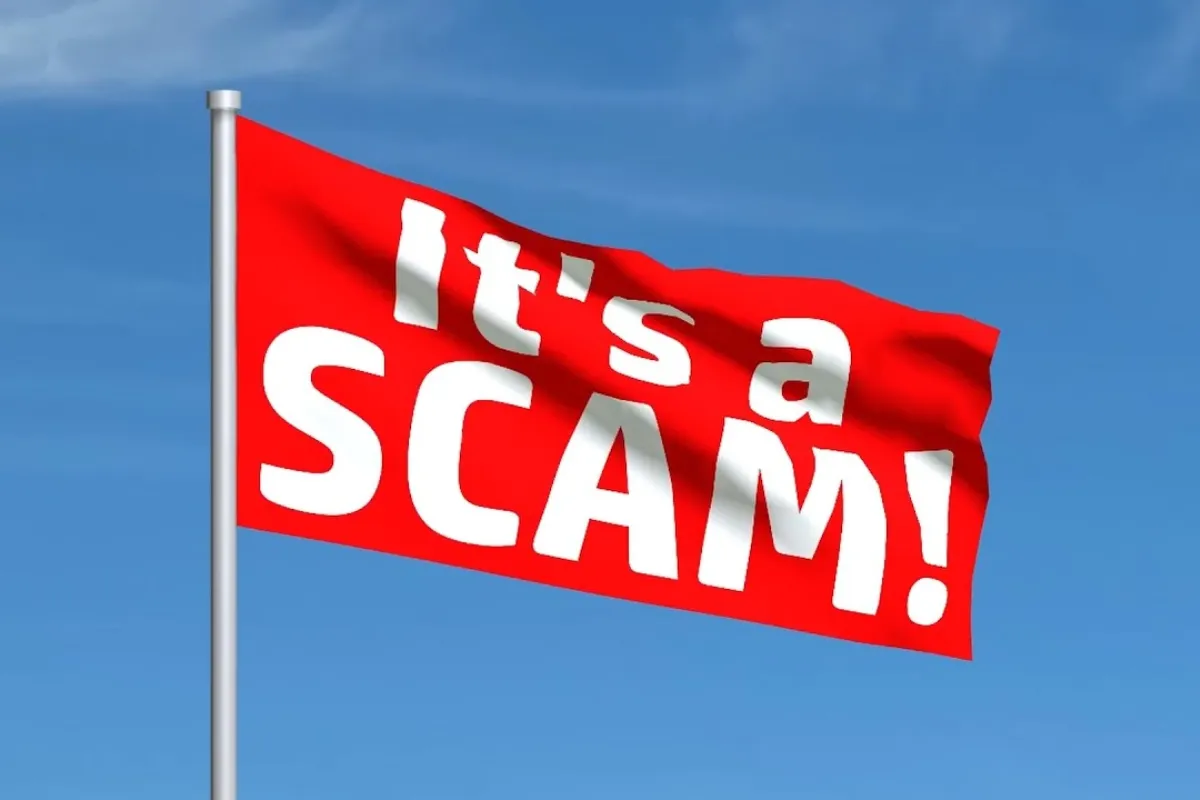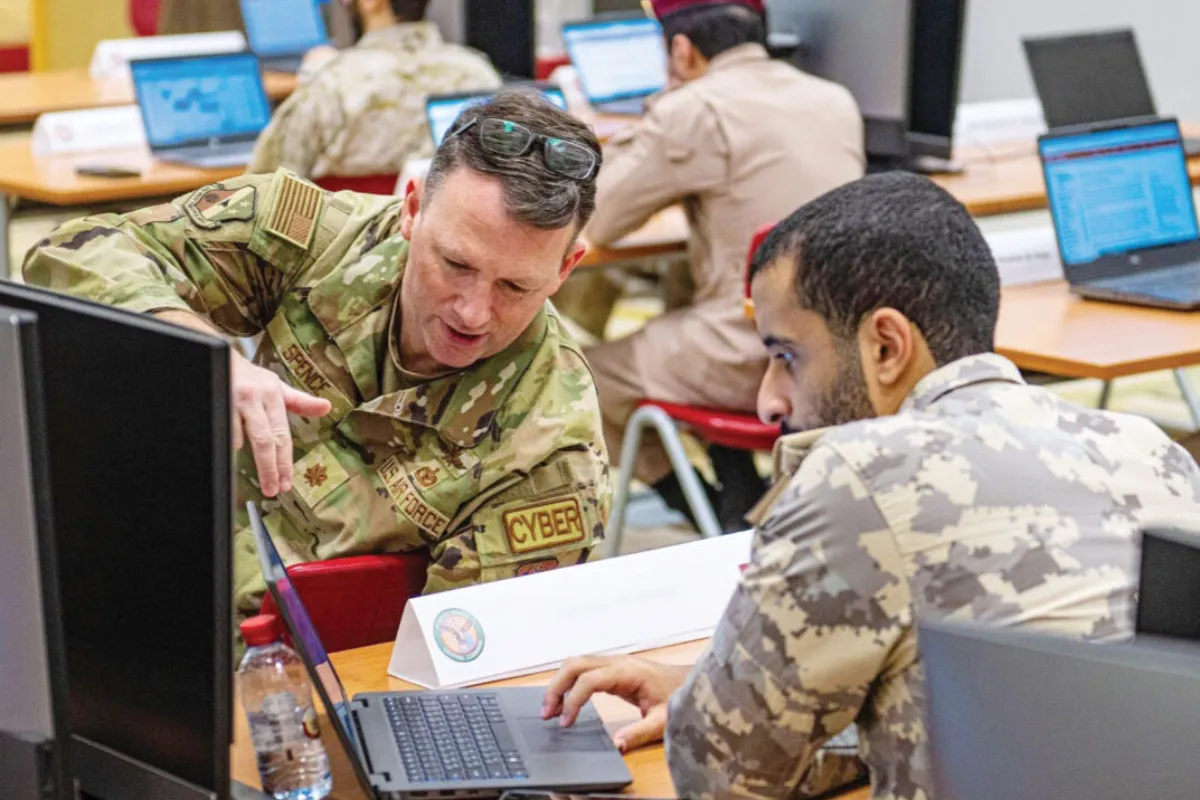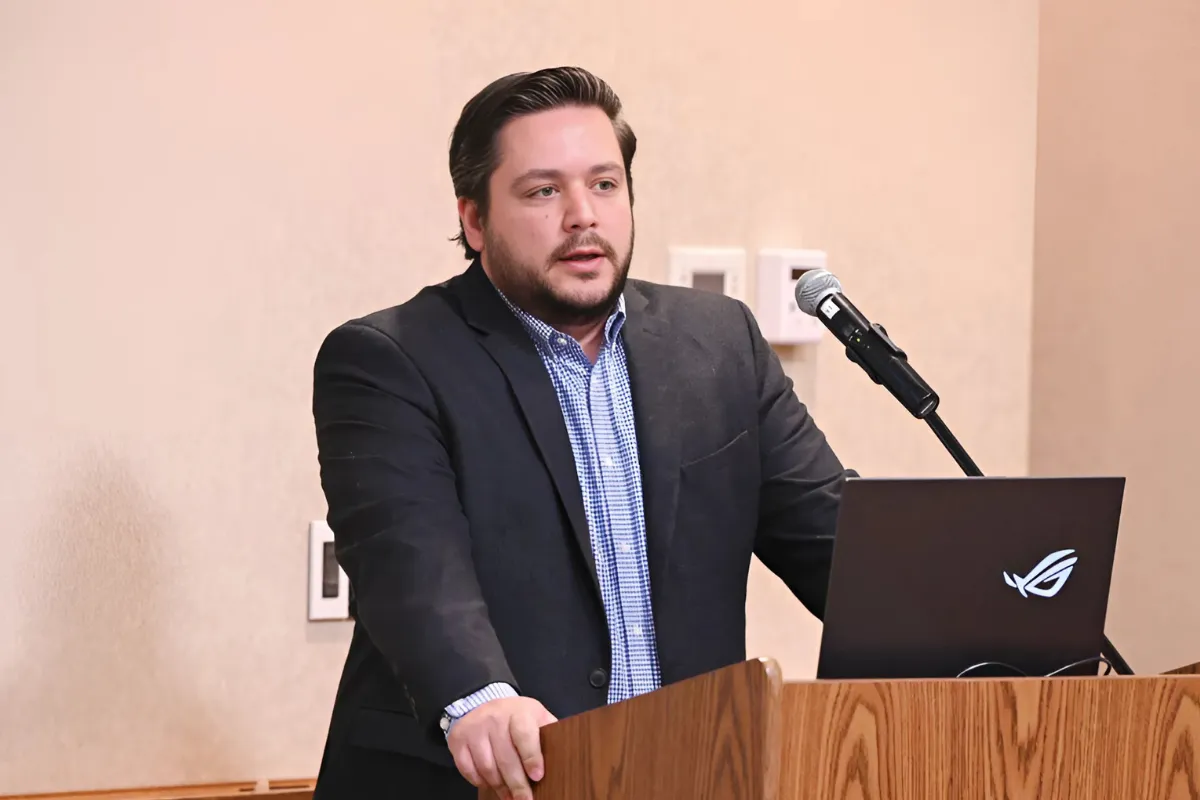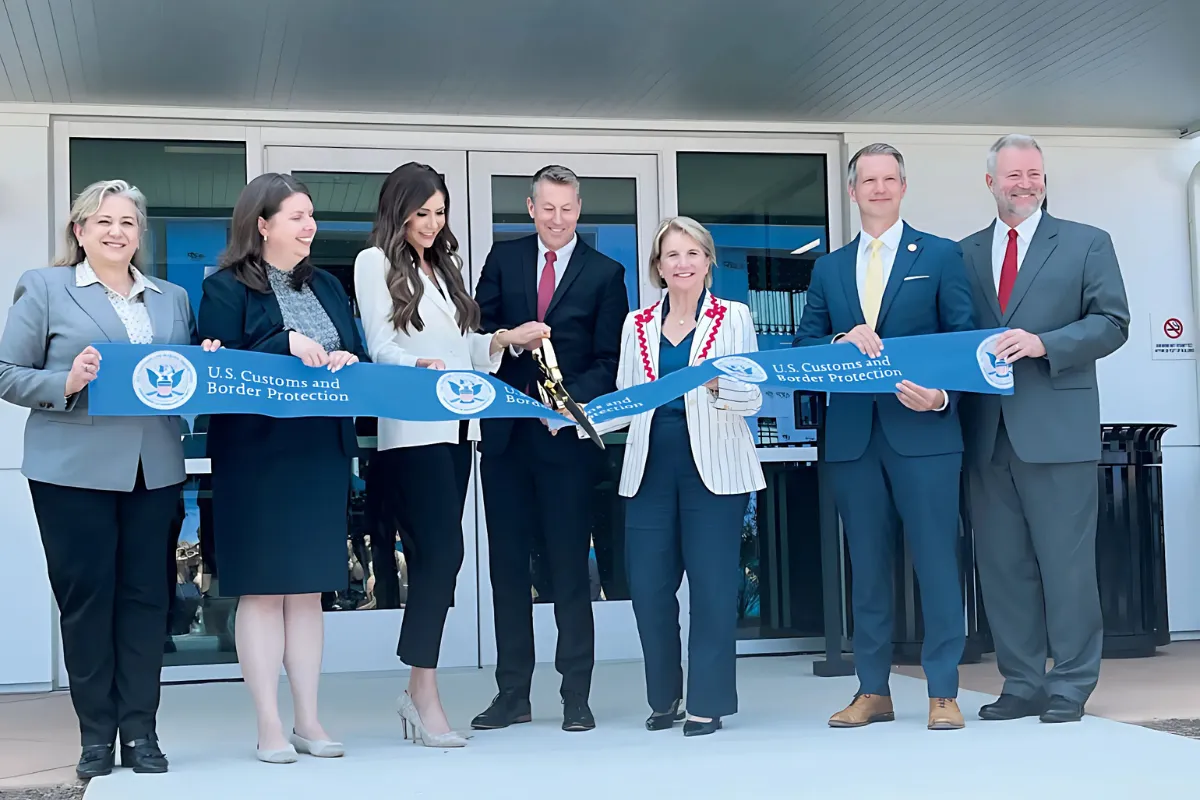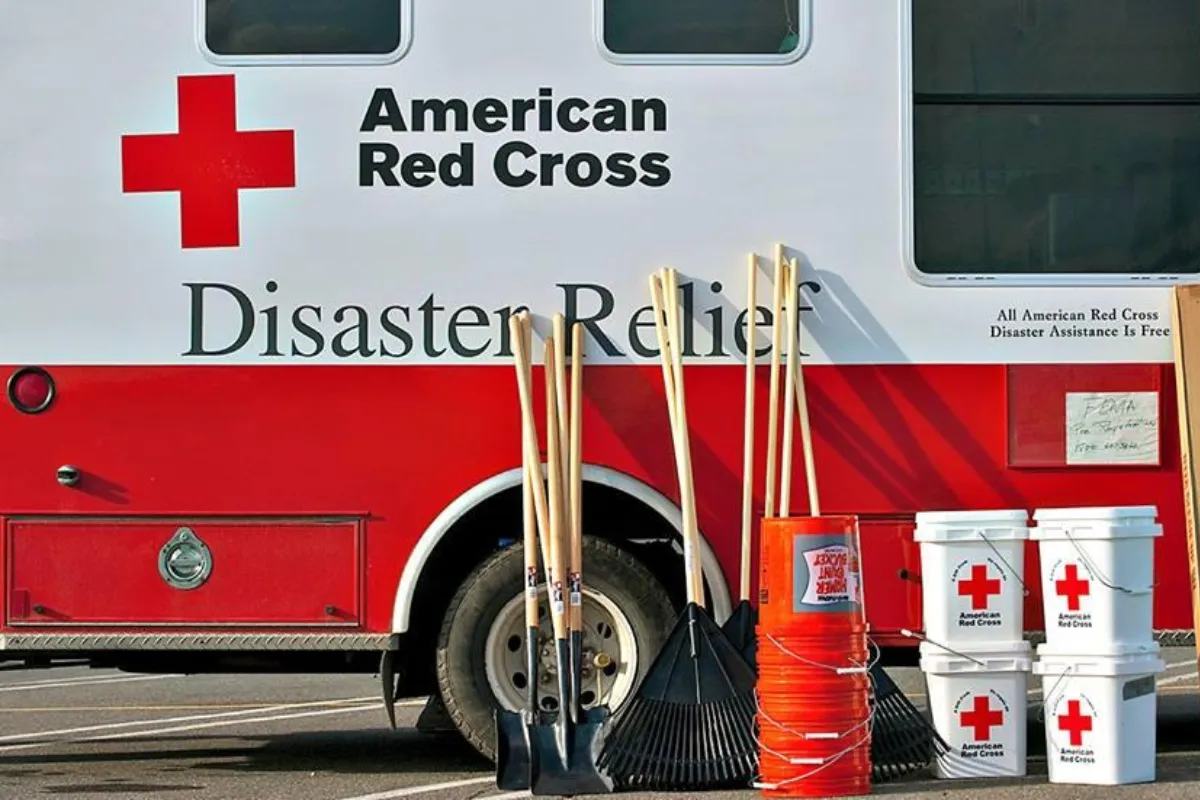Latest Post
State Senators Raise Alarms Over West Virginia’s Budget Outlook
Two West Virginia state senators are voicing serious concerns about the state’s financial future following a recent budget presentation during interim legislative meetings. Senators Mike Oliverio and Joey …













